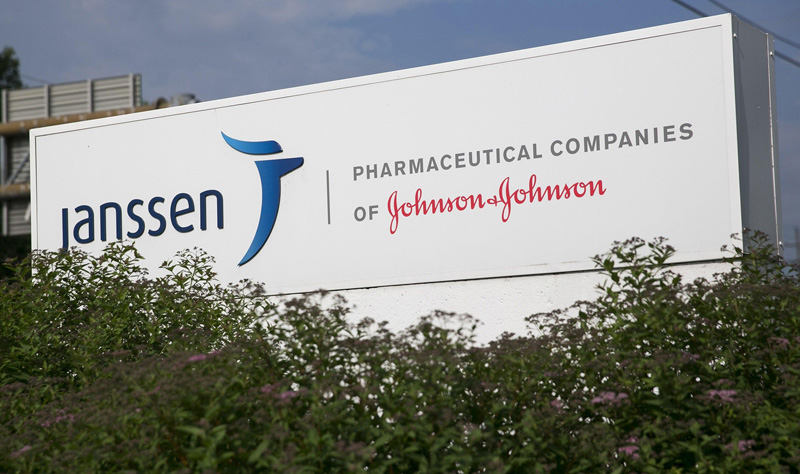In 2013, the U.S. Department of Justice announced that Johnson & Johnson had agreed to a $2.2 billion settlement of criminal and civil allegations that Jannsen Pharmaceuticals, a subsidiary of J&J, had fraudulently marketed several drugs for purposes the U.S. Food and Drug Administration had not approved and had paid millions of dollars in kickbacks to prescribing doctors and the nation’s largest provider of medications for long-term care facilities.
The settlement ranks as one of the largest ever for healthcare fraud, with criminal fines and forfeiture amounting to $485 million, as well as civil settlements with the U.S. government and several states coming to $1.72 billion.
At issue were three medications produced and marketed by Janssen:
-
Risperdal — Janssen’s sales team promoted Risperdal, an antipsychotic approved for treating schizophrenia, as a treatment for anxiety, agitation, depression, hostility and confusion in elderly dementia patients, as well as mentally incapacitated children and adults. The company created false and misleading sales materials and allowed off-label sales to count towards sales bonuses.
Janssen implemented this scheme despite warnings from the FDA and knowledge that off-label use increased patients’ risk of stroke and diabetes, and even expanded this ruthless initiative through the formation of an “Elder Care Task Force.” To further drive sales, Janssen paid speaker fees to doctors who promoted off-label use and kickbacks to Omnicare Inc., the largest drug supplier to nursing home patients in the country.
- Invega — This newer antipsychotic drug had FDA approval only for schizophrenia and schizoaffective disorder, but Janssen promoted Invega for unapproved treatments and made false claims about its safety and usefulness.
- Natrecor — Another J&J subsidiary, Scios Inc., aggressively promoted off-label use of this drug, which had been narrowly approved for patients with “acutely decompensated congestive heart failure.” The campaign included an extensive speaker program which paid doctors to urge the off-label use.
The facts of this callous fraud scheme are shocking enough, but J&J has since signaled the company has little interest in reforming its corrupt practices. In 2012, J&J appointed Alex Gorsky to be its CEO. Gorsky had served as Janssen’s Vice President of Sales and its President during the fraudulent Risperdal campaign. At the time of this writing, Gorsky continues to draw more than $20 million per year in that position.
Since legal action arose from qui tam lawsuits filed under the False Claims Act, whistleblowers were able to share in the government’s recovery as follows: $112 million for plaintiffs in the Eastern District of Pennsylvania, $27.7 million for those in the District of Massachusetts, and $28 million for the plaintiff in the Northern District of California.
